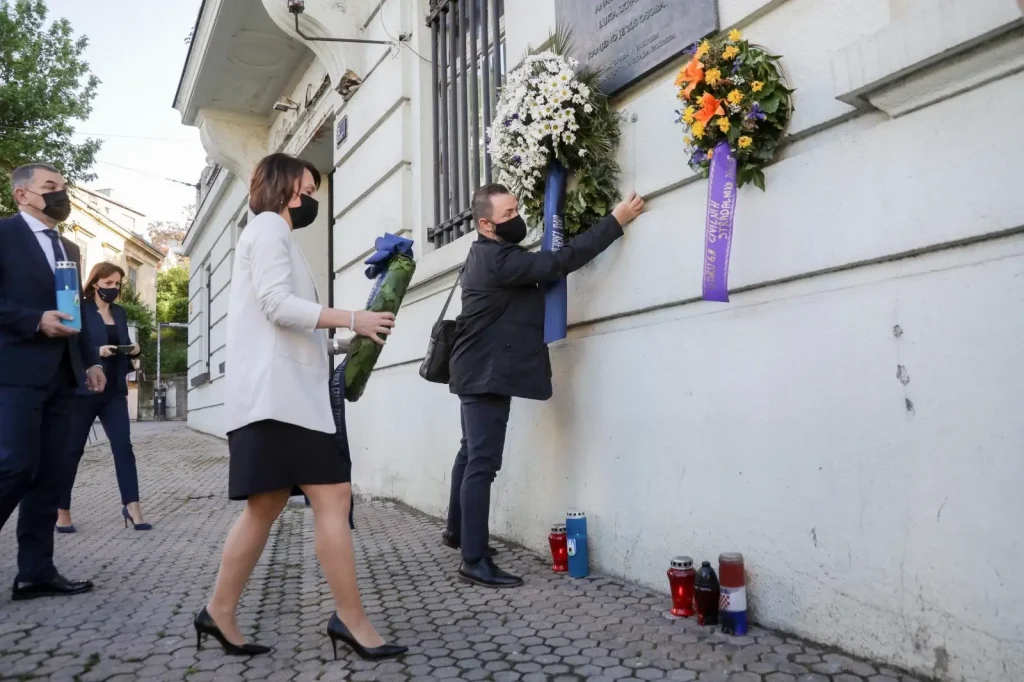No fatalities were in Karlovac, Sisak, Jastrebarsko, however, considerable material damage was caused to them when Serb paramilitaries shelled them and Zagreb’s centre with cluster bombs in retaliation for the defeat suffered in Operation Flash in western Slavonia the day before.
The retaliation was publicly admitted to by the then leader of rebel ethnic Serbs, Milan Martic. Seven people were killed, 39 seriously injured and another 136 sustained lesser injuries.
The first explosions were heard around 10.23 a.m. on 2 May when several shells were fired on downtown Zagreb.
The shelling a day later was directed at a children’s hospital, a retirement home, and the national theatre building.
The UN war crimes tribunal in The Hague (ICTY) found Martic guilty of crimes against humanity and violations of the laws and customs of war committed against Croats and other non-Serbs in Croatia in the early 1990s, sentencing him to 35 years in prison. It also found him guilty of ordering missile attacks on Zagreb in May 1995.
In October 2008, the ICTY Appeals Chamber confirmed the 35-year prison sentence for that former Croatian Serb political leader, for crimes committed against Croats and other non-Serbs in Croatia between 1991 and 1995.
The initial indictment against Martic was issued on 25 July 1995. After several years on the run, he surrendered to the Tribunal on 15 May 2002. The trial started on 13 December 2005 and concluded on 12 January 2007.
In May 2020, Croatia’s judicial authorities also sentenced Serb rebel general Milan Čeleketić for those missile attacks to 20 years after he was tried in absentia. Čeleketić is beyond the reach of Croatia’s authorities. He lives in the northern Vojvodina city of Subotica, and Serbia’s authorities.
For more about the homeland war in Croatia, follow TCN’s dedicated page.









